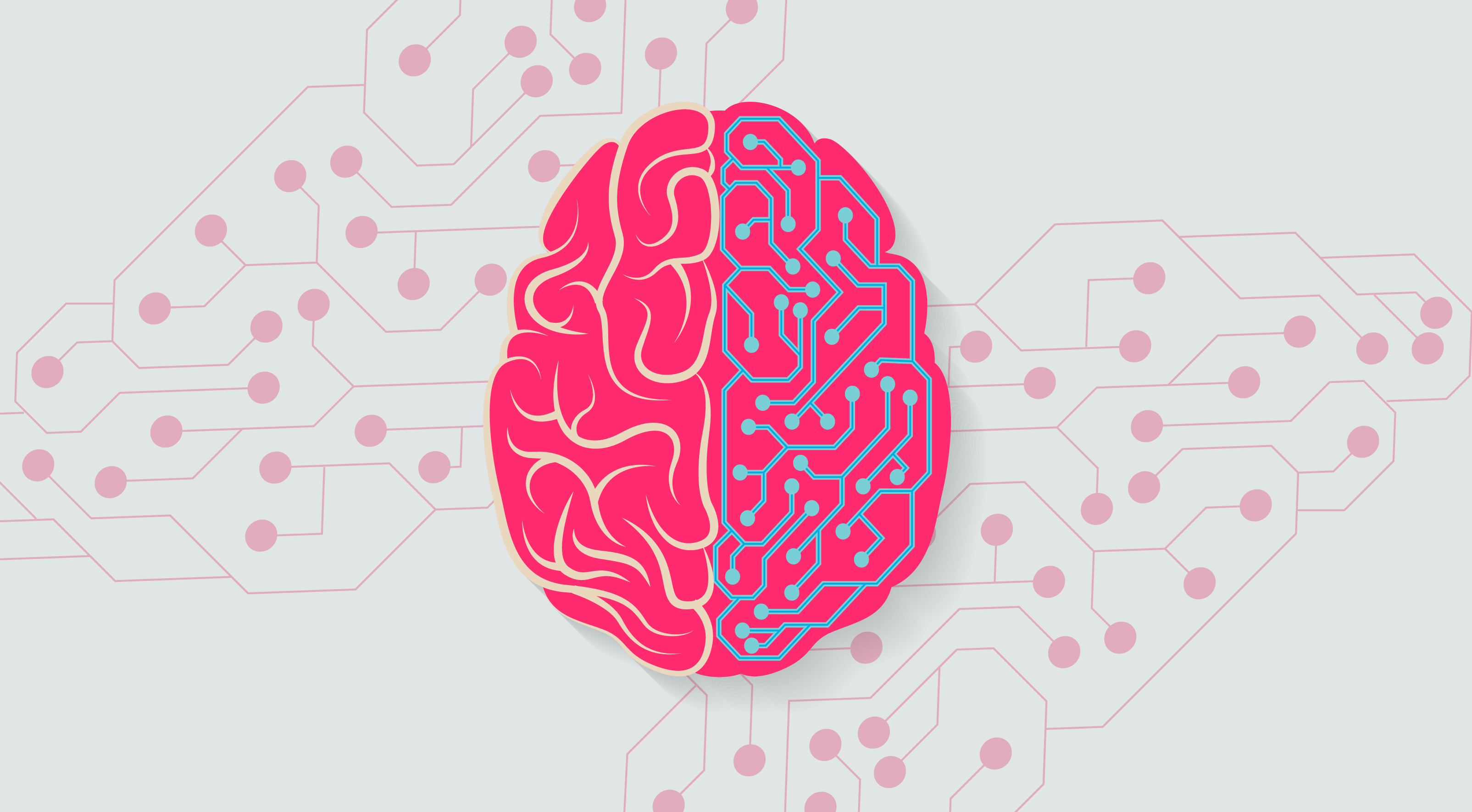
Looking at artificial intelligence, one is quickly confronted with the question of ethics. This topic is also much discussed in recent media reports on artificial intelligence – the voices range from euphoric to anxious, from hopeful to warning. The questions posed in this context show that there are limits for AI and for the developers.
Artificial intelligence is becoming socially accepted, leaves theory behind and enters the global market with mature products. In January 2019, the World Intellectual Property Organization (WIPO) announced that 340,000 AI-related patents had been filed world-wide, most of them after 2013. The German Federal Government likewise places emphasize on this topic and reported last year that they planned to invest more than three billion Euro. At the Munich Conference for Security Policy 2019, Microsoft top manager Brad Smith discussed with Pope Francis the questions of ethics in respect of artificial intelligence. He compared its potential to the invention of electricity or the combustion motor, saying that AI will be omnipresent and change every aspect of our lives.
But in spite of the endeavors of companies and the Federal Government to bring the topic to the fore, many members of the public are anxious because they do not really understand terms like artificial intelligence and algorithm. According to a German study by the Bertelsmann Foundation, every second EU citizen does not know what an algorithm is, or which purpose it serves. One fifth of the citizens feel that the problems outweigh the advantages, and are afraid of manipulation. For this reason, a public dialog on the topic of AI is mandatory; ethical principles must not only be specified by the state but must be developed in close collaboration by companies, political institutions and society. We must avoid a situation where technological progress is suppressed for fear of tackling the ethical issues – nobody would benefit from that.
The future belongs to people, not to machines
The example of a hiring robot shows how important is is to reflect on the functionality of artificial intelligence and to define guidelines and rules for dealing with it. A company in the USA used artificial intelligence in their hiring process. The AI found that people who live further away from their workplace are more likely to terminate their employment contract. Accordingly, the system stopped considering these applicants. The fact that people living on the outskirts often belong to an ethnic minority did not become apparent until later. It follows that the AI-based system unintentionally discriminated against a whole group of applicants.
But it is not the artificial intelligence that is to be blamed for this discrimination, but the people – after all, AI can only function with human collaboration and regular checks by 'real people'. Contrary to humans, artificial intelligences cannot act autonomously but are guided by fixed structures and programs, not by moral judgment. We as a society have to define how we want to live, and must make sure that technological development will benefit the people.
Facebook wants to research AI ethics
To find an answer to this and other questions, Facebook announced in January 2019 that they were going to fund an independent institute at Munich Technical University to research and clarify AI-related ethical issues. The company received not only praise for the critical and scientific research of the questions of ethics, but also objections: Some perceive the sponsoring in an amount of 7.5 million US dollars as a cheap advertising measure. After months of media presence due to the data scandal surrounding Cambridge Analytica, Facebook is now trying to position itself as the guardian of morality. Whenever the next glitch occurs, the company can now point out that it promotes AI ethics research.
Summary:
- Nowadays, artificial intelligence is becoming increasingly relevant. For this reason, the issue of machine ethics arises.
- AI does not work without human involvement. Only humans can act autonomously and according to their own moral concept.
- Facebook funds Munich Technical University with 7.5 million US Dollar to research questions about how to deal with ethics in AI.

